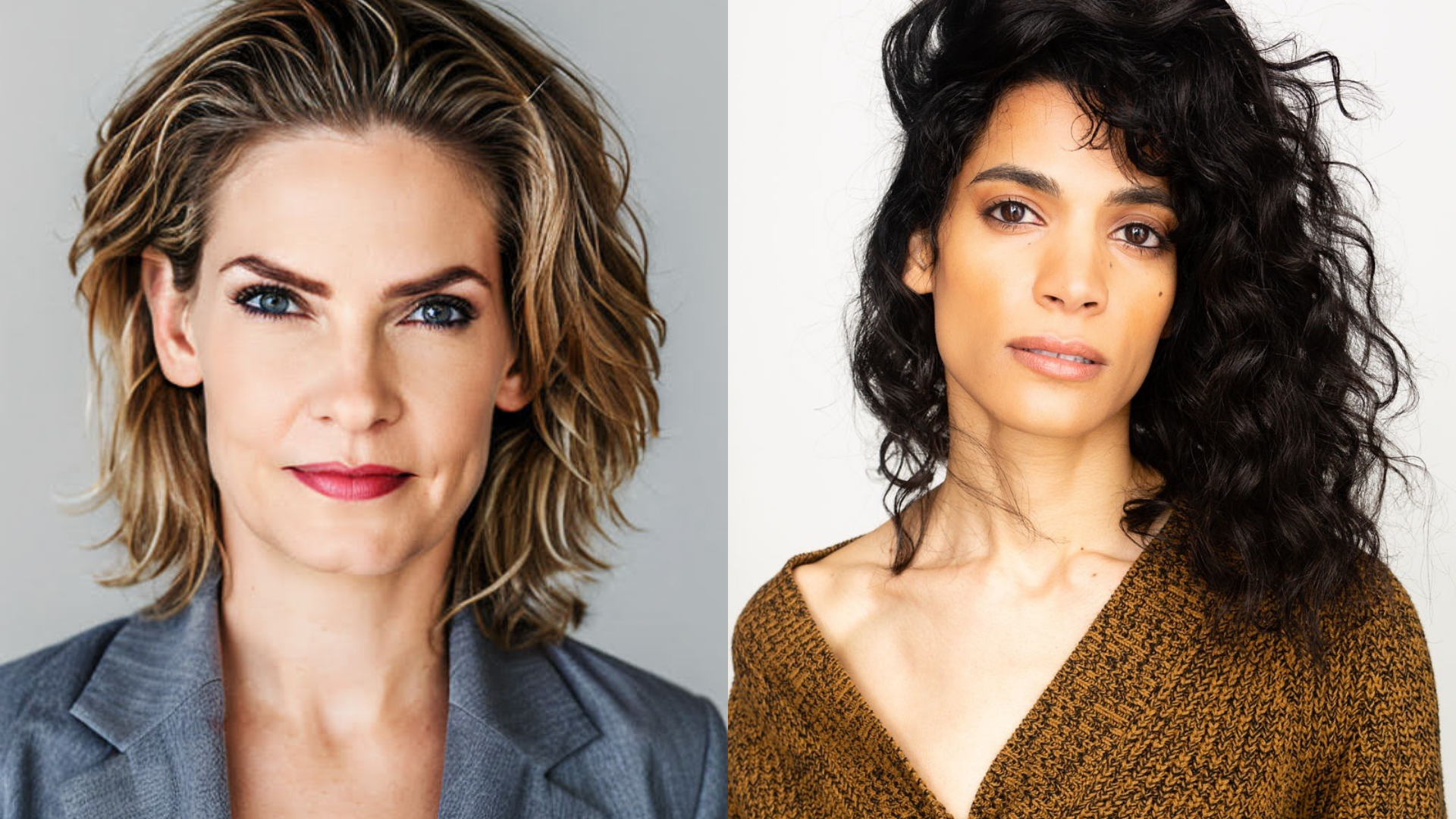
24 Feb Guest Interview: Lauren Neal and Jill Bennett
Queer Screen sat down with Under The Influencer actor and technical director Lauren Neal, and producer Jill Bennett ahead of thie Australian Premiere at #MGFF25 on Wednesday 26 Feb.

Queer Screen: Tell us about the film and why everyone needs to buy a ticket to see it.
Under the Influencer is a psychological thriller that follows Lex, an emerging artist who falls under the spell of Andrea Caulfield, a charismatic but manipulative art influencer. As their toxic mentor-mentee relationship spirals, Lex must confront betrayal, power, and her own sense of self in a world where perception is everything.
This is a film that resonates with so many because it taps into universal themes—ambition, betrayal, and revenge—while offering a fresh take through a queer lens. It’s a story about how far we’ll go to succeed, the power dynamics that shape us, and how women navigate intense relationships– especially in spaces where influence is currency.
And we made it all happen on a $60K microbudget—proving that high-quality films don’t always need millions of dollars (though that’s always nice). We believe that Under the Influencer is a testament to creativity, resourcefulness, and the power of storytelling. If you love a good revenge story wrapped in racialized queer tension, this is a film you don’t want to miss.
What do you hope audiences take away from your film?
Especially given what’s happening socio-politically in the United States right now, we hope people come away from Under the Influencer thinking deeply about the relationships we allow to hold power and influence over our self-concept.
We wanted to tell a story that explored relationships of all types between women: familial, platonic, romantic… toxic. We see Lex entrenched in an unhealthy obsession with Andrea Caulfield (expertly portrayed by Erin Matthews), but the connection between the two is at once undeniable and complicated: is it attraction? A mutual adoration between artists who respect one another’s work? Or does each see an opportunity to use the other to increase her own social and financial capital? This relationship is further complicated by a racialized power differential–Andrea has a history of using Black artists’ work to advance her own career. Lex knows this, but covets and pursues Andrea’s mentorship anyway.
We were also concerned with questions about community and isolation, and what happens to the vulnerable when they are cut off from their support system. Lex is easy prey for Andrea when she isn’t heeding the advice of her mother (played by Pam Trotter) or communicating with her ex-turned-best-friend Devon (Bee Davies). Regardless of how audiences interpret the film’s ending, we hope there’s no question that Lex is only able to execute her plan with support from Devon and Rachel (Joy Sunday).
Now, more than ever, we need to rely on and invest in our communities. We need one another.
There are more channels for LGBTIQ+ films than ever before, why are queer film festivals like ours still important?
Festivals like Queer Screen are more important than ever, especially in a world where in-person connection isn’t always the norm anymore. Lesbian spaces in particular have disappeared, and while online festivals and streaming platforms have made queer films more accessible, nothing compares to gathering in a theater and experiencing stories together in real time.
As filmmakers, we crave that connection—hearing the audience’s reactions, feeling the energy in the room, and understanding what resonates, and what doesn’t. These festivals create a unique space not just for showcasing films, but for building community, fostering conversation, and celebrating queer voices in a way that digital platforms simply can’t replicate. We were honored to be a part of the cohort at Queer Screen Goes to Cannes last May, and we’re excited to continue our participation in Sydney.
Our festival theme is all about love – the love of queer cinema, the love of queer storytelling and the love of the queer community. What’s the first film that pops into your mind when you think of those concepts (and why that film)?
For some reason, the first film I thought of has “love” in the title: I saw Everyone’s Talking About Jamie at the Outfest 2021 opening night and I absolutely adored it. It was the kind of fun, delightful joy ride that we NEED as queer people… because–although we are obviously faced with many challenges specific to being queer people in the world–being LGBTIQ+ is also a blessing. We need movies that remind us how miraculous we are.
What is one piece of career advice that you would give your younger self when it comes to filmmaking?
If I could give my younger self one piece of advice, it would be to start writing and creating my own content sooner instead of waiting for someone else to give me permission. For too long, I thought I needed approval from gatekeepers to tell my stories. Once I let go of that mindset and just started making things, everything changed. Filmmaking is about taking risks, trusting your voice, and proving that your stories deserve to be told—no matter your budget or experience.

